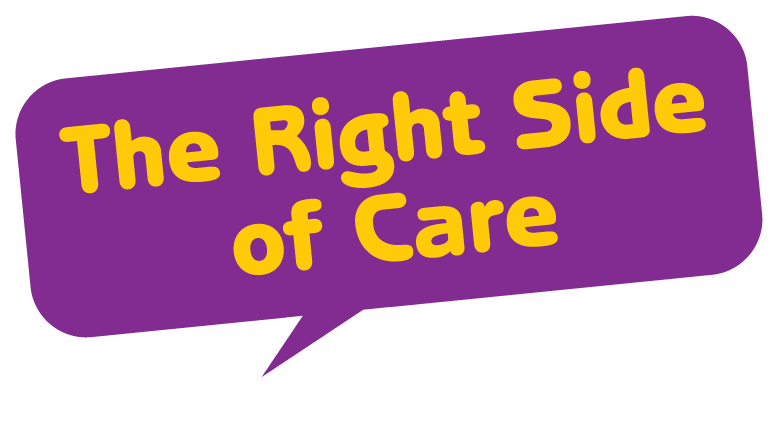Staying safe online
It's important to know how to stay safe when you're using the internet. You should never give out any personal information when you're online, no matter who you think you're talking to.
There are lots of internet sites around that allow you to talk to other people on the web. Chat rooms and social networking sites give you the chance to have a conversation with other people and get instant replies. Online message boards and forums let you post questions or comments and ask other users to give their opinion in their own time.
It can be a great way to chat to other people who share your interests, but you should always be careful not to pass on any of your personal details. You should always keep in mind that internet users can pretend to be anyone they like. They can lie about their age, their interests and whether they're male or female. No matter how long you've been chatting, remember that they're still strangers; you don't really know them at all.
Source: Gov.uk
If you're concerned about something that may have happened online, talk to a trusted adult, such as a parent, teacher or youth worker, or visit the Child Exploitation and Online Protection advice and help centre.
Here some important things to remember when using the internet:
- never give out identifying information such as, name, address, school name or telephone numbers in a public message such as a chat room or forum
- never send a person a picture without first checking with your parent or guardian
- never respond to messages or forum posts that are suggestive, threatening, obscene or generally make you feel uncomfortable
- get to know your 'online friends' just as you get to know all of your other friends.
- never arrange a face to face meeting without telling your parent or guardian. If your parent or guardian agrees to the meeting, make sure you meet in a public place and have a parent or guardian with you.
- be careful when someone offers you something for nothing, such as gifts and money, be very careful about any offers that involve you coming to a meeting or having someone visit your house
- be sure that you are dealing with someone that your parents know and trust before giving out any personal information about yourself via e-mail
- remember that people online may not be who they seem. Because you can't see or even hear the person it would be easy for someone to misrepresent him or herself. Therefore someone indicating that 'she' is a '12 year old girl' could be an older man.
Tell your parent or guardian right away if you come across any information that makes you feel uncomfortable.
If you ever feel threatened or intimidated, you can report online abuse using the CEOP report abuse button at the bottom of every page. It looks like this:

